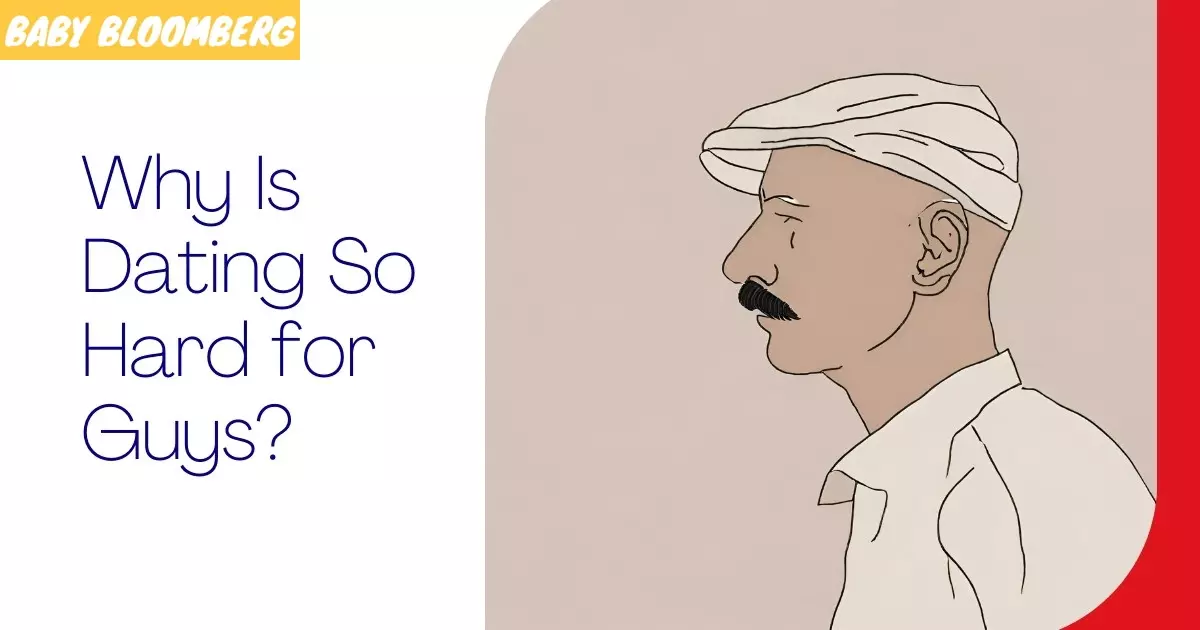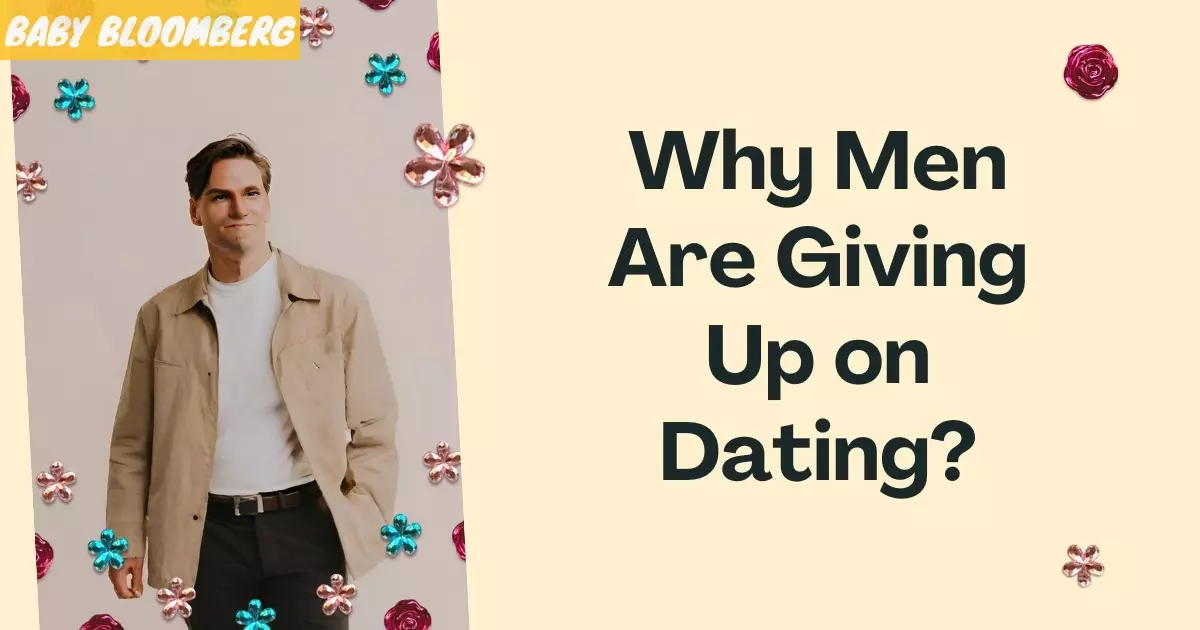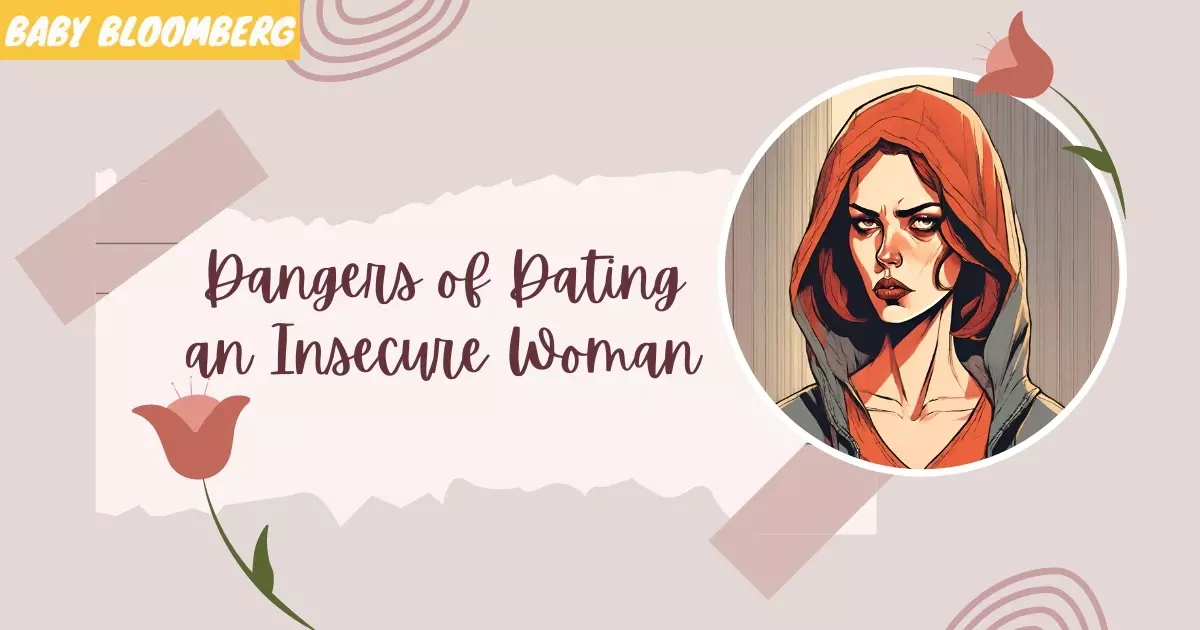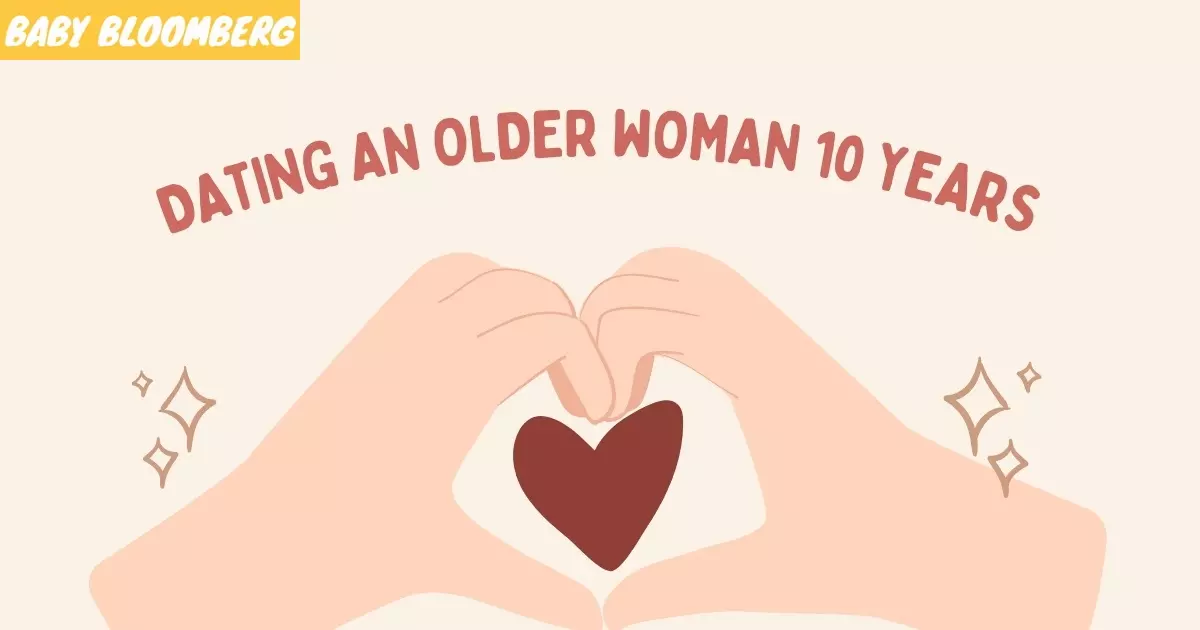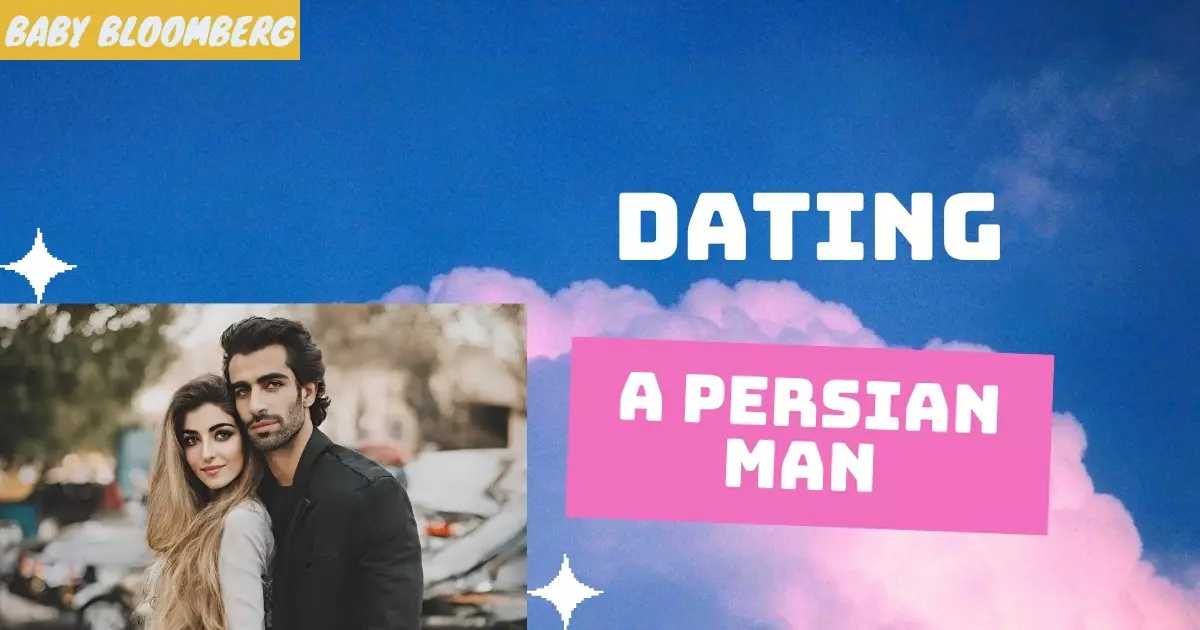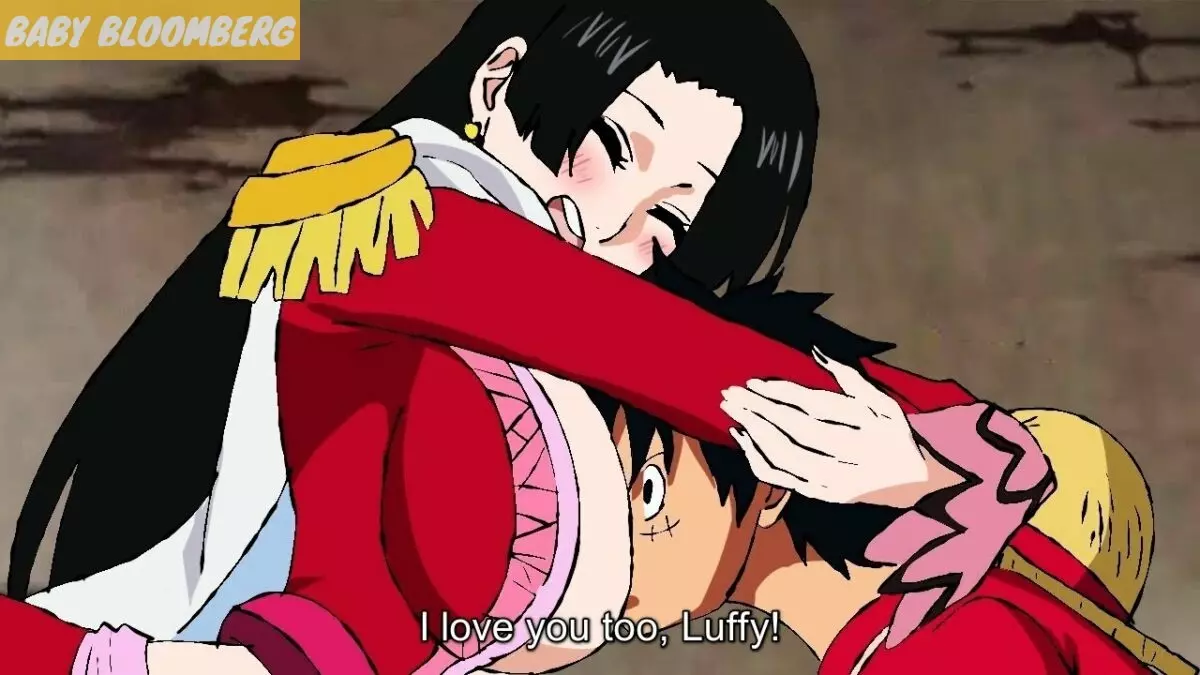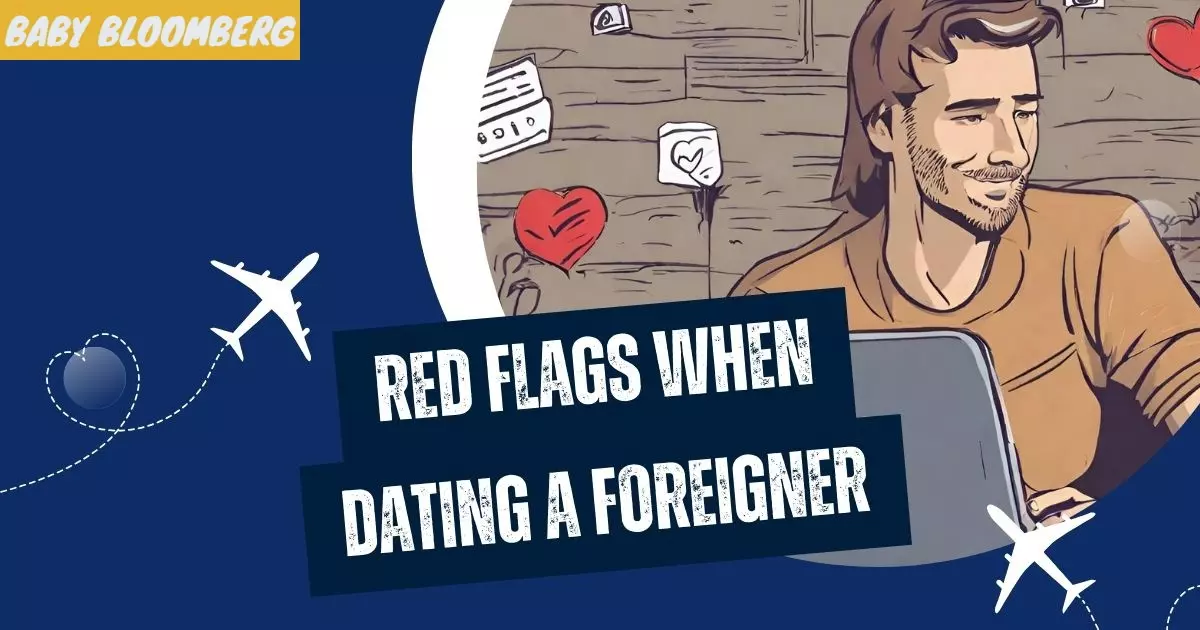Navigating the intricacies of a relationship transition, particularly when one partner expresses a desire to move from a romantic partnership to a platonic friendship, can be emotionally challenging. This article delves into the potential reasons behind this shift, the complexities involved, and offers insights into navigating the transition while prioritizing self-care and growth.
Reasons Behind the Transition
Emotional Compatibility
- Harmonious Bond: Emotional compatibility plays a vital role in relationships. Sometimes, individuals realize that the emotional connection they have with their partner surpasses the physical attraction that initially brought them together.
- Seeking a Deeper Connection: In such cases, the decision to transition to friendship may be a way to preserve and nurture the profound emotional bond that exists between the two individuals.
Timing Issues
- Personal Goals and Aspirations: Personal goals, career aspirations, or significant life events may prompt individuals to reevaluate their priorities and commitments.
- Temporary Step Back: Recognizing the demands of personal growth and development, transitioning to friendship can be a way to temporarily step back from the romantic aspect of the relationship.
Fear of Commitment
- Hesitation in Committing: Some individuals may genuinely care for their partner but may not be ready or willing to commit to a serious romantic relationship.
- Avoiding Relationship Stress: Suggesting friendship may be a strategy to ease into a less stressful and demanding relationship dynamic.
Navigating the Transition: Communication and Self-Reflection
The Importance of Open and Honest Dialogue
- Expressing Feelings: Honest and open communication is crucial in navigating the transition. Both partners should feel comfortable expressing their emotions, concerns, and desires.
- Active Listening: It’s essential to approach these conversations with empathy and a willingness to listen actively to each other’s perspectives.
Self-Reflection and Evaluating Emotions
- Acknowledging Your Feelings: It’s important to acknowledge and process your own emotions, whether they are disappointment, anger, or sadness.
- Considering Your Desires: Reflect on your own feelings and desires. Determine if you still have romantic feelings for your partner and if you can maintain a friendship without feeling hurt or disappointed.
Weighing the Pros and Cons of Staying Friends
- Benefits of Staying Connected: Maintaining a friendship can allow you to continue enjoying each other’s company and support each other through life’s challenges.
- Potential Emotional Challenges: On the other hand, staying friends may require accepting the end of the romantic relationship and potentially watching your partner move on with someone else.
Making a Decision
Understanding Your Own Priorities
- Long-Term Goals: Consider your long-term goals and aspirations. Determine whether maintaining a friendship aligns with your future plans.
- Emotional Well-being: Evaluate how staying friends with someone you have romantic feelings for might impact your emotional well-being and healing process.
Considering the Reasons for the Transition
- Genuine Friendship Potential: Assess whether the desire for friendship stems from a genuine desire to maintain a platonic connection or if it’s influenced by a hope of rekindling the romantic relationship.
- Avoiding Painful Emotions: Consider whether the decision to stay friends is driven by a desire to avoid the pain of a breakup or to protect your own feelings.
Deciding on Maintaining Friendship or Creating Distance
- Choosing Friendship: If both parties genuinely value each other’s presence in their lives and believe they can navigate the shift without major complications, maintaining a friendship could be a viable option.
- Creating Distance: If the decision stems from a hope of rekindling the romantic relationship or avoiding the pain of a breakup, it’s worth evaluating whether creating some distance is a healthier choice.
FAQs:
- Can a romantic relationship transition to a genuine friendship?
- Yes, with open communication, self-reflection, and a willingness to embrace the new dynamic, a romantic relationship can evolve into a genuine friendship.
- How can I cope with the emotional challenges of this transition?
- Allow yourself to grieve the loss of the romantic relationship and process your emotions. Seek support from friends, family, or a therapist if needed.
- What are the signs that I should consider creating distance from my ex-partner?
- If maintaining a friendship is emotionally draining, hindering your growth, or causing you pain, creating distance might be beneficial.
- How can I maintain a healthy friendship with my ex-partner?
- Set clear boundaries, communicate openly and honestly, and focus on the positive aspects of your friendship. Avoid discussing the romantic past or engaging in behaviors that could rekindle romantic feelings.
- Why is it important to prioritize self-care during this transition?
- Prioritizing self-care helps you navigate the emotional challenges of the transition, focus on your well-being, and promote your personal growth.
Conclusion:
Navigating the transition from dating to friendship requires introspection, understanding, clear communication, and self-care. Weighing the pros and cons, considering your own priorities, and evaluating the reasons behind the desire for friendship are essential steps in making an informed decision. Prioritizing your emotional well-being and personal growth during this transition is paramount. Remember that healing and growth are possible, and with time and self-reflection, you can emerge from this experience stronger and more resilient.


